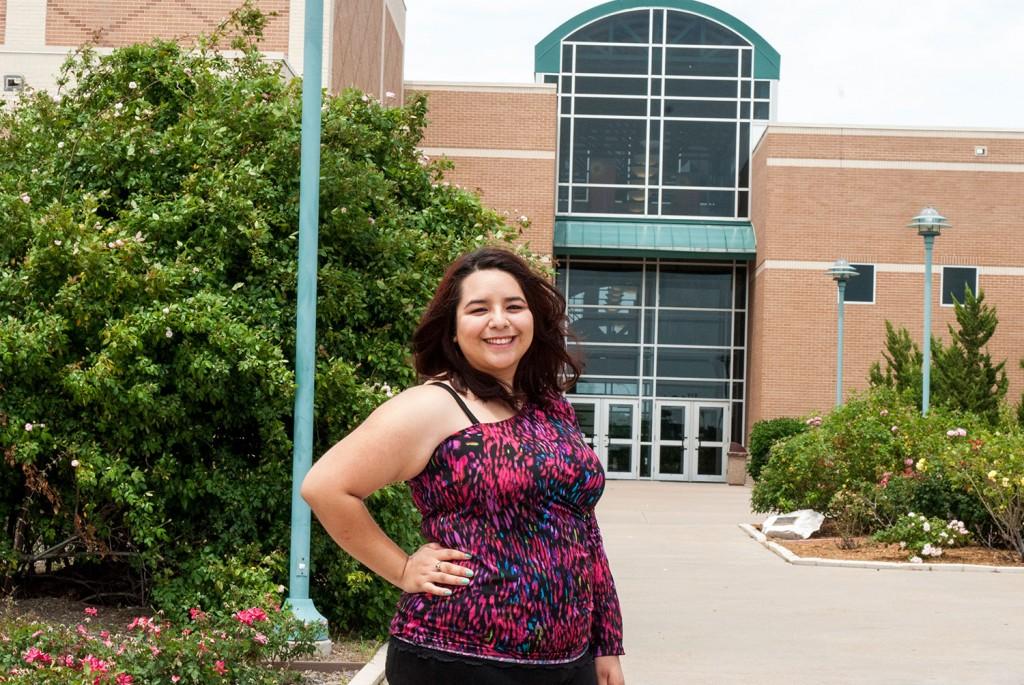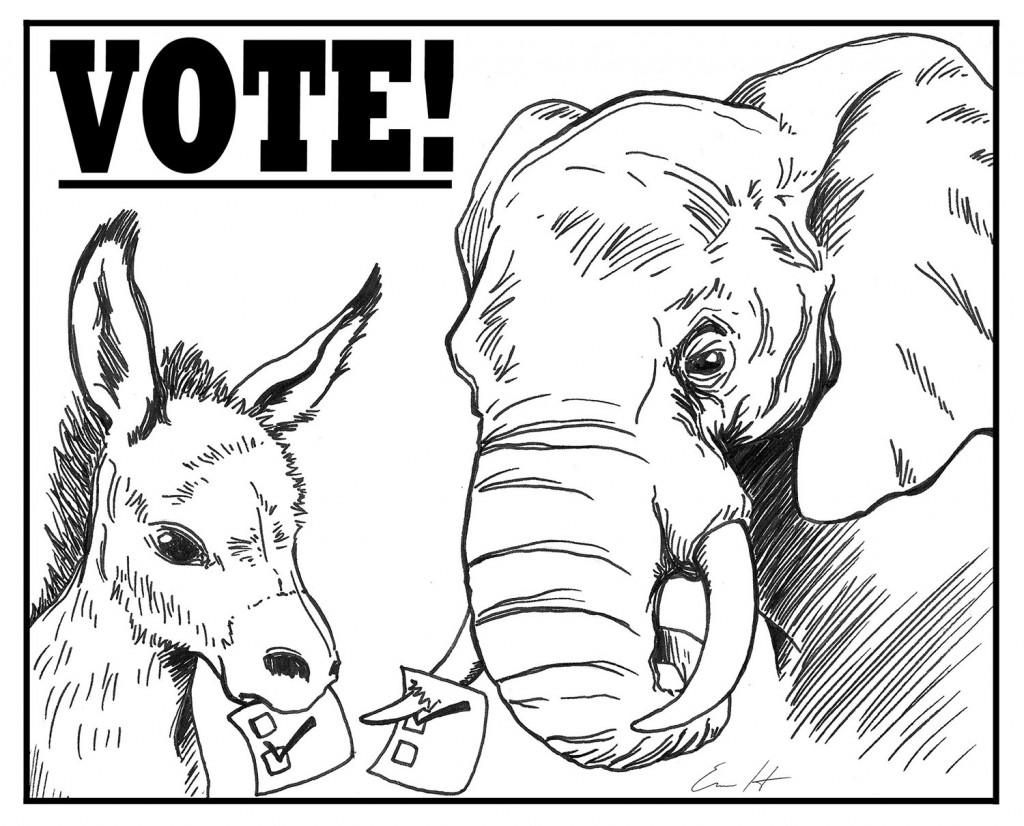By Hayley Morrison/reporter
An estimated 30 million young men and women are between the ages of 18 and 24, yet this age group represents the lowest percentage of all voters in AmericaIf students and young adults make up such a large percentage of the population, why aren’t they making such an effort to show their strength in numbers at the polls?
NE student Julie Knowles said a lack of enthusiasm is the issue.
“Students don’t vote because they’re either not encouraged to by their peers/role models or they don’t feel as though they can vote one side or the other,” she said.
NE Texas government instructor Michael Morris identified two root causes.
“The main reason is apathy or too many other concerns,” he said. “Additionally, many don’t believe that their one vote will make a difference.”
On the other hand, NE U.S. government professor Lisa Uhlir said fear is to blame.
“I remember as a new voter … I felt great trepidation,” she said. “I think the fear of the unknown, the nervousness of not knowing exactly what to do and how often keeps young people from voting.”
And yet, fear and apathy were overcome by young adults in the 2008 presidential election when their influence and votes helped President Barack Obama win.
In addition to remaining politically active by voting, Morris said students need to remain politically aware.
“Politicians are making policy decisions related to important things like the economy, the environment and social programs that will have a long-term effect,” he said.
Uhlir said voting brings more than just a chance to show how politically aware a young adult is.
“Young people should vote for the same reason we all vote — power,” she said. “Voting gives you control — control over the economic direction of our nation and control of the philosophical direction of our culture.”
Young people can remain politically active in several ways, Uhlir said.
“Like any other citizens, they can assist in many aspects of electioneering,” she said. “They can make calls, plant yard signs, aid in getting the elderly to the polling place.”
Morris said gaining knowledge on politics is key as well.
“Educating themselves about the issues, beyond a six-second sound bite,” he said. “Contribute and volunteer to help candidates. Write letters, make calls and lobby politicians about issues that are important to you.”
The current 18- to 24-year-olds will have control over the government in the future, and those interviewed believe if today’s youth remain politically inactive, they will be giving up the responsibility and power they are given.
“The baby boomers … have had great power throughout their life due to their numbers,” Uhlir said. “This generation of young Americans has that same potential.”
Knowles agrees with Uhlir.
“We’re a part of the next generation of Americans, so it has to be important for us to voice our opinions and vote according to our beliefs,” she said.























